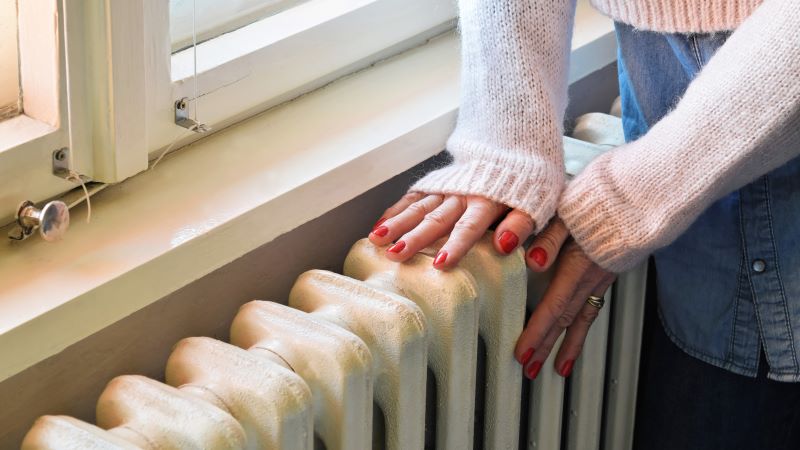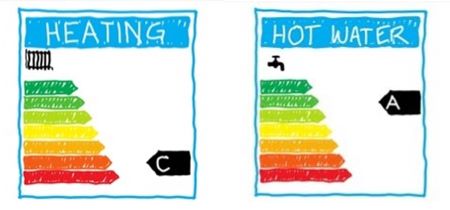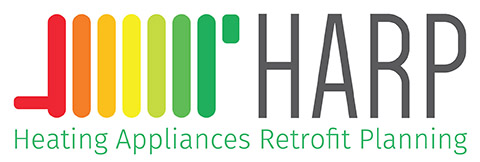This website uses cookies so that we can provide you with the best user experience possible. Cookie information is stored in your browser and performs functions such as recognising you when you return to our website and helping our team to understand which sections of the website you find most interesting and useful.
HARP project helps consumers understand home energy retrofits

High energy prices hit consumers hard
Consumers everywhere are feeling the effects of skyrocketing energy prices in their wallets but it is the vulnerable and less well off who will struggle to warm, light and cook in their homes as winter arrives. As well as the price crisis which is putting affordable energy out of bounds for so many, the recent COP26 also made clear the urgent need for clean, low carbon energy to slow down and lessen the impact of climate change.
Energy markets are complex. Upstream, longer term investment in clear energy production and fairer fiscal measures will be critical for achieving the transition to affordable, clean energy. These were among the topics discussed at Euroconsumers’ recent webinar
with the European Commission and international energy experts. However, at the consumer level, there is much that can be done immediately to change the problem of many of us living in poorly insulated houses with expensive and inefficient heating systems.
Expensive and inefficient home heating systems
Most home heating systems over 15 years old are inefficient, but they make up about 60% of the installed heaters in Europe. Heating and hot water needs represent nearly 80% of the energy demand of European households, so that inefficiency not only wastes energy and increases air pollution but has a direct impact on consumers’ bills.
New, efficient systems will significantly reduce household energy consumption, meaning financial savings for them, improved air quality, noise reduction, higher market value of the building and more widely lower carbon emissions across Europe.
However, making the decision to invest in a new system is not always easy. Consumers are
faced with myths and misconceptions about energy use and different systems and plenty of confusing messaging from suppliers about which alternative might be best.
Making retrofitting home heating systems easy for consumers
Euroconsumers organisations OCU and Deco are part of the EU Horizon 2020 project ‘HARP’ (Heating Appliances Retrofit Programme) which is testing new ways to make it easy for consumers to understand the poor performance of their current heating system and guide them to the most efficient replacement solution based on their individual circumstances.
The project has developed lots of consumer-facing materials and videos which bust some of the myths about heating and energy sources and make the link between home heating, carbon emissions and climate change. The materials use findings from behavioural research that show that presenting additional benefits beyond cost savings (like a quieter system
or increasing house value) makes consumers more willing to invest in the switch.
Easy to use consumer tools
On the HARP website, consumers can get an energy rating for their heating system
by inputting a few details about it into a simple tool. The rating for hot water and heating is shown in the form of the familiar Energy Label used across Europe on appliances. Consumers are also then guided to alternative systems which they can compare against their current system’s rating and visualise the difference in price and energy efficiency.

The online tool is available at https://heating-retrofit.eu/harp-app/ and consumers can get an energy label rating for your whole heating system via country-specific sites in French, English, German, Spanish, Italian and Portuguese.
HARP is also exploring the potential for a heating system labelling scheme to be rolled out which could make it easier to assess the best performers across the EU – this will help speed up transitions to new systems more quickly. Simplifying choices and understanding how
consumers perceive of the value of investing in a new system will enable consumers to be part of the energy transition.
● All of the HARP consumer-facing materials and links to background research and analysis and industry professional-facing materials are available on their website: https://heating-retrofit.eu/resources/
● HARP is funded by the European Union through the Horizon 2020 framework, focusing on 5 EU Member States: Portugal, Spain, France, Italy and Germany.




